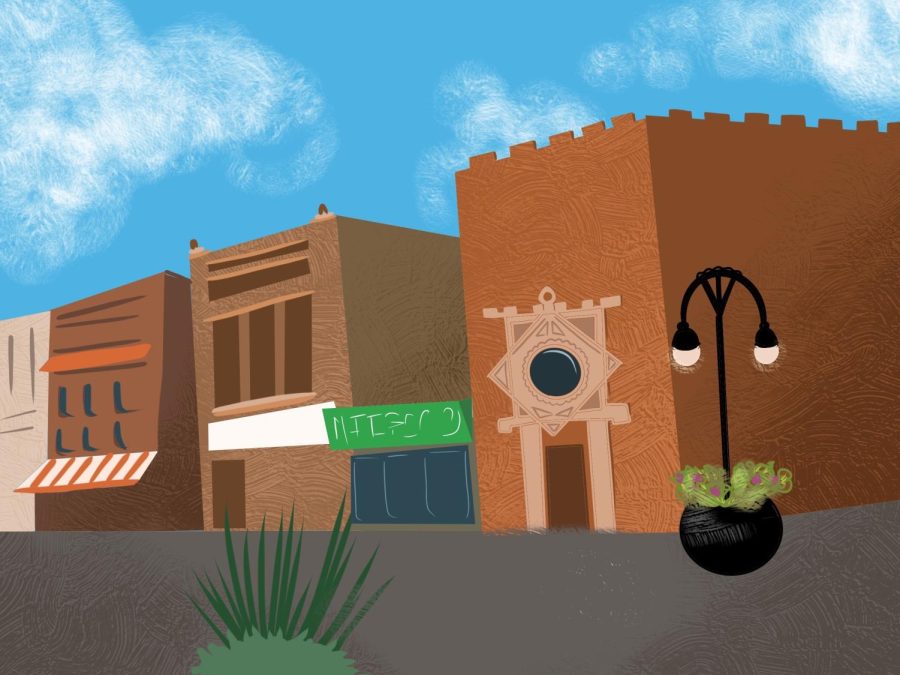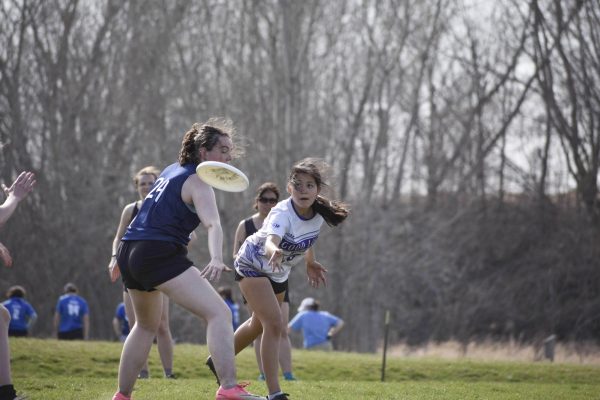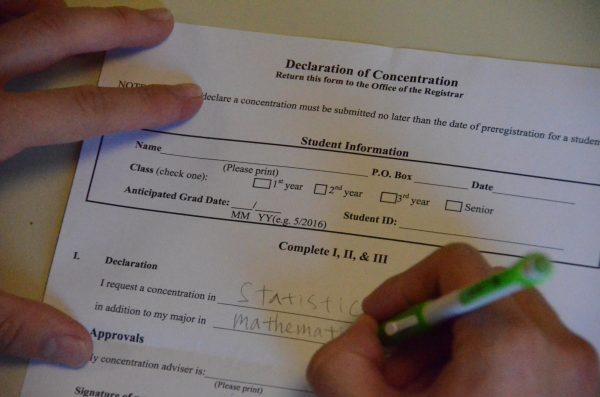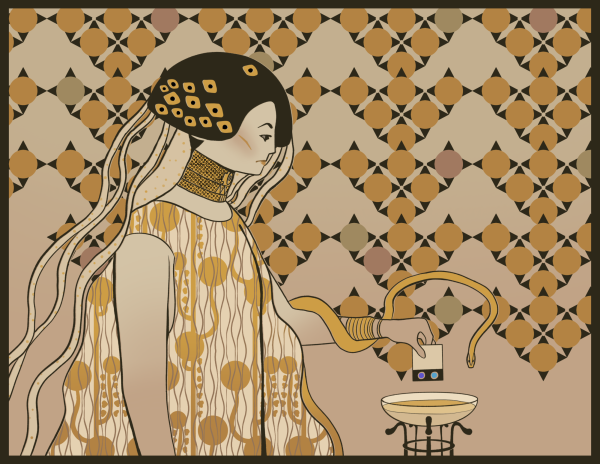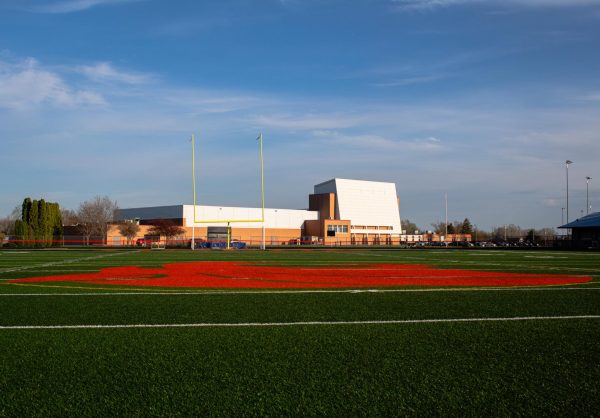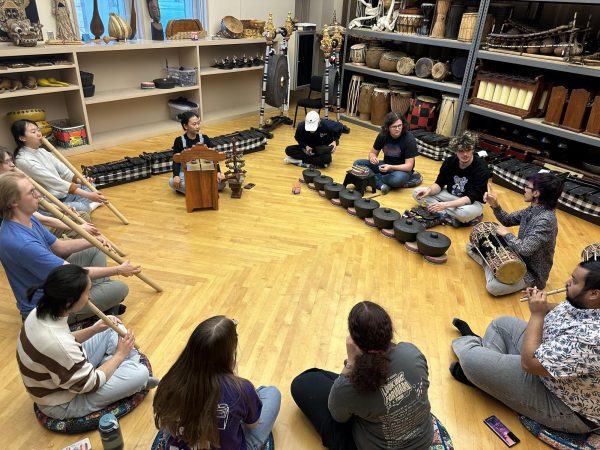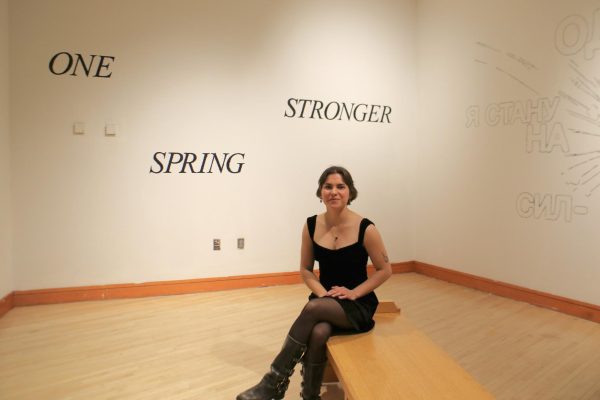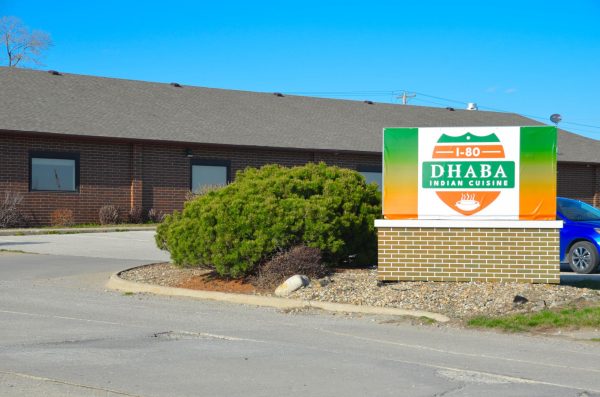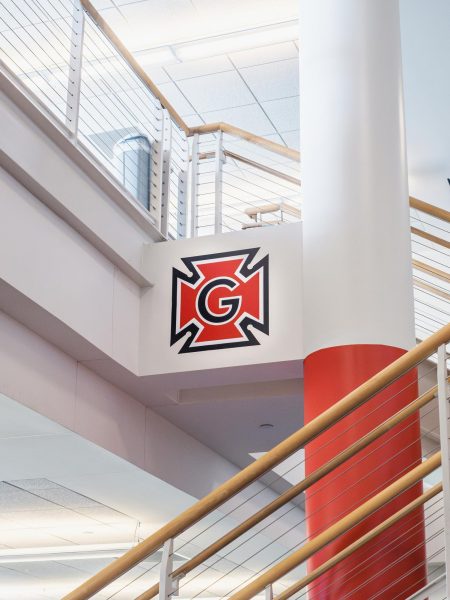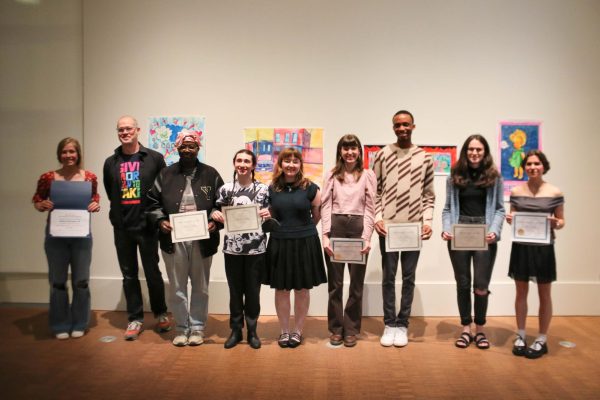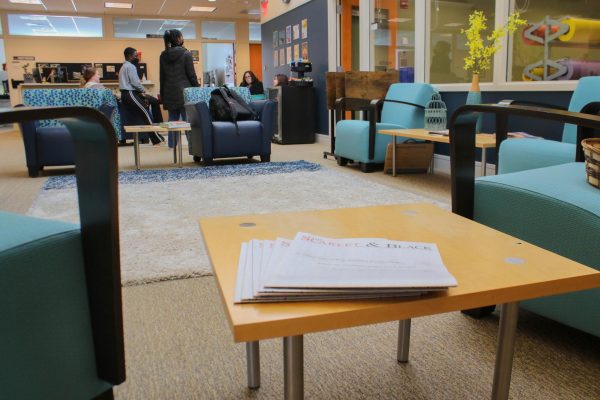Community-wide survey seeks to “Build a Better Grinnell”
The Build a Better Grinnell 2030 project aims to engage community members of Grinnell, Iowa. Above is a graphic of 5th Avenue.
September 26, 2022
The project “Build a Better Grinnell 2030” is set to commence in the first week of October. The project aims to conduct research-based assessments of the community’s strengths and weaknesses by engaging community members in conversation and taking necessary steps to improve the quality of life of the community at large.
The project is similar to a community-wide assessment conducted in September 2011 by a previous Build a Better Grinnell taskforce.
“It’s good timing, particularly coming out of COVID-19, which changed the access to resources for a lot of people in the community and changed a lot of people’s circumstances,” anthropology professor Monty Roper, one of the steering committee members, said about why the project-originators chose now to conduct this assessment.
Phase one of the project is to conduct a community-wide assessment based on conversations with the residents of Grinnell. Residents would be stratified by demographic group, so that the different needs of each group can be taken into consideration while conducting the assessment, Roper said. The second phase will consist of prioritising issues determined in the assessment.
The steering committee aims to represent all groups in Grinnell, including students. Student Government Association (SGA) President Loyal Terry is part of the committee, and Roper’s class ANT 293: Research for Community Development will conduct the first phase of the research as well as help develop a methodology for the second phase.
Phase three will entail exploring those issues in greater detail to better understand the assets that exist in the community and the particular kinds of obstacles that people face. Then, Roper said, the committee will pull those inputs together, after the research is done, to begin addressing them. The committee does not have a concrete definition of phases one and three, Roper said. The way those two phases will look depends largely on what issues the community identifies as important to further research.
Nicole Brua-Behrens, member of the Greater Poweshiek Community Foundation and leading member of the steering committee for the Build a Better Grinnell project said, “We hope to hear more about more nontangible social kinds of issues too.” She cited food insecurity, race and inclusion.
Brua-Behrens said that in order to ensure community participation in the project, the steering committee will be training and hiring people from the town of Grinnell to collect information through conversations with people about community issues.
She added that the project is bound to get funds ($10,000 each) from members of the City of Grinnell, Grinnell College, Grinnell Mutual and the Claude W. and Dolly Arenas Foundation. The steering committee has also applied for a grant of $197,000 from the United States Department of Agriculture’s (USDA) Rural Development, a mission area within the USDA which runs programs intended to improve the economy and quality of life in rural parts of the country. The status of the application will be confirmed by the first week of October, the same time that phase one will commence.
Because the committee does not have a clear contingency plan in place if Building a Better Grinnell does not receive the grant, they are identifying other potential sources of income for the project, Behrens said.
“The project is happening, regardless of whether the USDA grant goes through. If the USDA grant goes through, it’ll make it easier to do.”




























































